Find the best debt collection agency in South America
Never worry about collecting unpaid invoices in South America again. Debitura connects you with the best collection agencies in South America.
The ultimate guide to debt collection in South America
This guidebook will teach you how to collect debts in South America efficiently. It provides helpful tips on debt collection in South America, such as effectively communicating with customers about unpaid invoices.
By learning these techniques, businesses can save time and money when dealing with delinquent payers.
We help people get their money on time. We have a platform that works with the best debt collection lawyers and agencies in all 12 countries across South America. With our help, you can be sure that anyone you do business with will pay you on time and as agreed.
The South American economy
South America is a continent located in the western hemisphere, comprising 12 countries. The region has a diverse population and culture, with indigenous people making up many of the population in some countries. Economically, the continent is booming, with new opportunities for investment and trade constantly emerging. Politically, South America is home to several democracies and progressive governments.
Brazil is the largest economy in South America. It is also the world's 9th largest economy by nominal GDP. Brazil is a significant exporter of commodities such as soybeans, corn and coffee, as well as manufactured goods such as cars and electronics. The country has also seen significant investments in renewable energy sources such as hydroelectric and solar energy.
Argentina is the second largest economy in South America, with a GDP of around $500 billion. The country has had a problematic economic history, with inflation reaching 40% in 2018 before stabilising at 25%. The government has implemented several measures to tackle this problem, including increasing exports, introducing free-market reforms and cutting taxes.
Colombia is the third largest economy in South America, with a GDP of over $400 billion. The country has seen strong economic growth since 2002, primarily driven by increased oil and coal production investment. In addition, Colombia is also a significant exporter of coffee and other agricultural commodities, as well as lumber and textiles.
Venezuela is the fourth largest economy in South America, with a GDP of around $250 billion. The country has been hit hard by hyperinflation and political instability, resulting in a highly depressed economy. In recent years, the government has implemented several reforms, such as currency devaluation and price controls, to try and combat the economic crisis.
Overall, South America is a diverse continent with a variety of economies. While some countries are doing better than others, each has its own unique set of strengths and challenges that will determine its future development. With continued investment in renewable energy sources, increased exports and free market reforms, the region could see sustained.
The challenge with late payments in South America
For decades, late payments have been an incessant and tormenting problem in South America, resulting in financial struggles for many businesses and individuals.
In South America, it is common to sell goods and services on credit - particularly invoices from businesses-to-businesses (B2Bs), where half of all sales are conducted in this way. Nearly 46% of B2B invoices include the option to purchase through credit.
By affording your customers an available line of credit, you can capitalise off existing clientele while attaining new buyers and simultaneously keeping yourself competitive within the industry. Credit comes with many rewards for businesses!
When customers are given credit, there is a specific financial risk associated with possible late payments. Research found that the average payment delay in South America was twice as long as compared to other parts of the world, totalling 38 days for B2B invoices. Even more concerningly, 17% of all B2B invoices in Brazil were past due over 31 days and an even higher 4.9% were past due beyond 90 days! This highlights just how important it is to carefully manage customer credit options when running a business in this part of the world.
More than 90% of businesses in South America experience late payments by B2B customers. This can seriously harm businesses' cash flow, making it challenging to cover operational costs such as payroll and rent. To protect their financial security and stay afloat, companies must take the necessary steps to mitigate late payments. Unfortunately, roughly 50% of businesses in South America have experienced a significant or slight increase in the percentage of B2B invoices paid late in the last 12 months.
By being proactive when selling on credit in South America, you will be well-positioned to maximise the success of your business. The statistics make it abundantly clear: debt collection is essential for companies who want to stay ahead of the curve and ensure their invoices are paid promptly. Therefore, having a strategy in place that helps you manage debt collection can work wonders - here's how to get going!
For a successful outcome, it's imperative to have clear and mutually agreed upon payment terms before finalising any agreement. Furthermore, ensure that you regularly send invoices along with friendly reminders when payments become overdue; this keeps your customer in the know of their financial responsibility. It is also essential to remain in contact with them to find solutions quickly and efficiently regarding late or missed payments.
If payments remain overdue, then a debt collection agency may be the best recourse for your business.
The regulatory framework for debt collection in South America
When seeking to recoup debt from a South American debtor, the regulations and laws of the specific country dictate the process. For example, suppose you are attempting to collect money from a Brazilian company. In that case, all proceedings must abide by Brazil's legal framework - including obtaining appropriate permits for debt collection activities and having awareness of any potential court hearings in case monetary recovery necessitates more intensive action. Therefore, creditors need to learn the rules that apply to the state where their debtors live before trying to collect money.
The South American economic sector is vital to the global economy; however, debt collection in this region can be challenging. The South America Pacific domain has many countries rated as having "severe" complexity when collecting debts.
The debt collection process in South America
The process for collecting debt varies from country to country. The image below explains our standard process for collecting debt in South America:
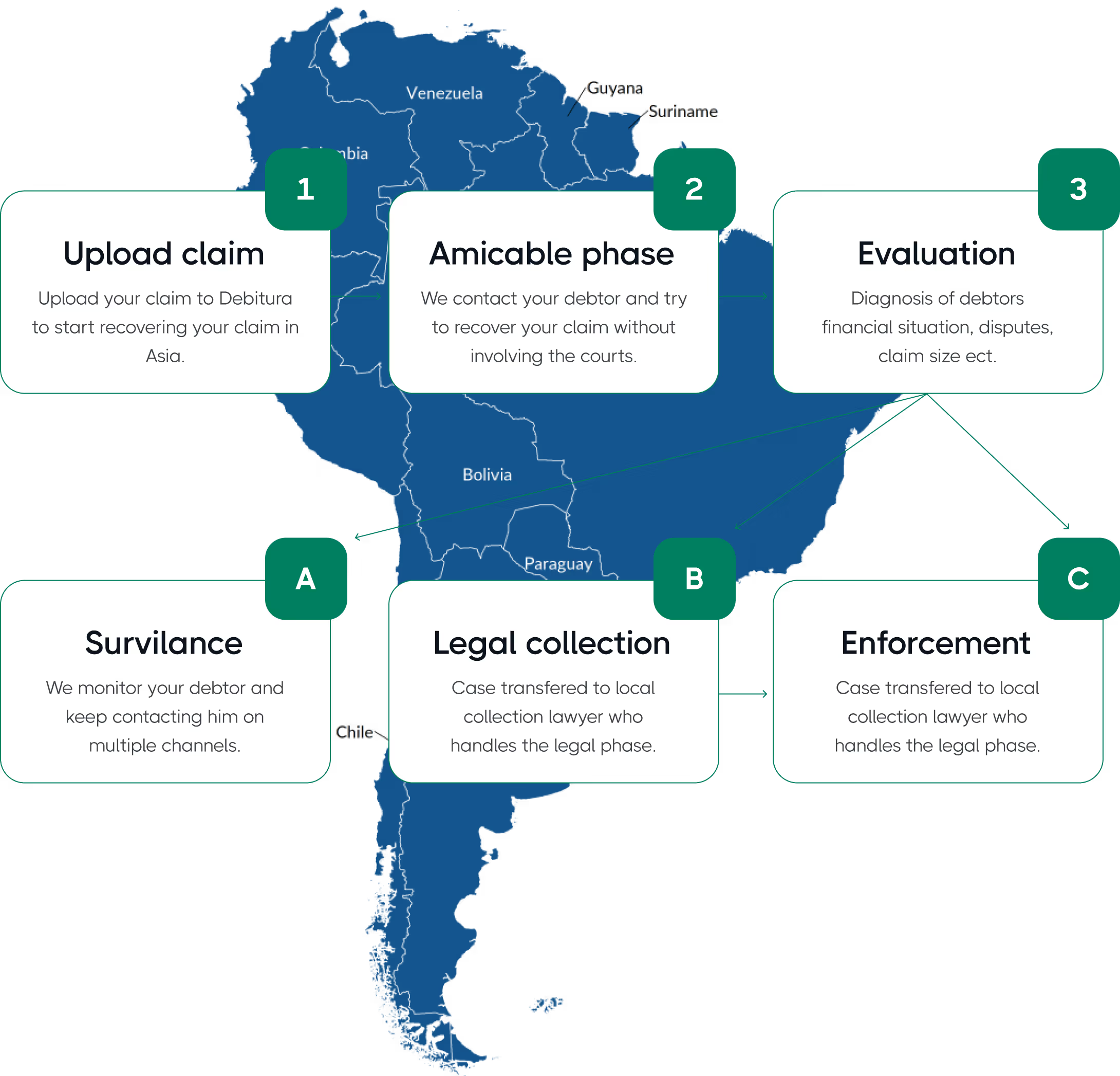
Step 1: If you need help with your debt, Debitura can assist you. We will provide you with three free, secure quotes from local South American partners who specialise in debt collection. All you need is a few pieces of information. No matter the size or complexity of your case, we have the experience and resources to ensure you get the money you are owed. Simply upload your claim to get started.
2 Amicable collection
Debitura offers a solution where you do not have to pay us unless we can collect the debt. Our team will send reminders to the debtor by email, SMS message and letters. We also use other communication networks in that specific nation. With Debitura's help, we always aim to have either payment received or have them comprehend their debt along with setting up an instalment plan.
3 Evaluation:
If the person you loaned money to have not paid you back yet, it might be time to think about what to do next. To make sure we choose the best option for your situation, we need to review some details like how much money they owe and if there is any chance, they will be able to pay you back soon. Generally speaking, here are three choices:
A Surveillance:
Taking your debtor to court may not be worth it if you are owed less than $2,000-$5,000. We recommend debt surveillance instead. Our team will keep trying to contact and negotiate with your debtor to reach an agreement that benefits both parties involved.
B: Legal collections:
If your claim is essential, you should get help from a lawyer. Where you live and how big your claim it will affect what kind of help you need. Debitura works with different lawyers in South America who can help to depend on your case.
C: Debt enforcement:
The bailiff's court is ready and willing to aid you with enforcing your legal claim, whether it be through an admission of debt or a court order.
Summary
Even though it might be hard, businesses can still get paid for their overdue invoices in South America. If you learn about the local laws and work with a company that knows what they are doing, your chances of getting paid will increase significantly!
We can help you find an excellent partner to work with. We have partners in all South American countries who can help businesses get paid for their invoices. You can start by reaching out to us.
We will give you three free quotes from different providers at no cost.
.svg)
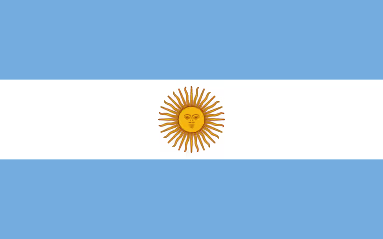
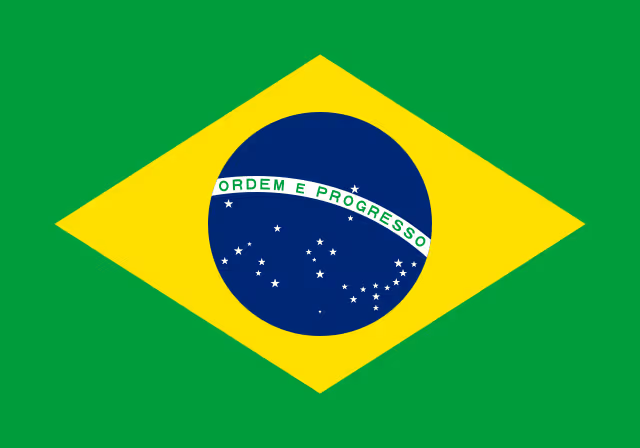
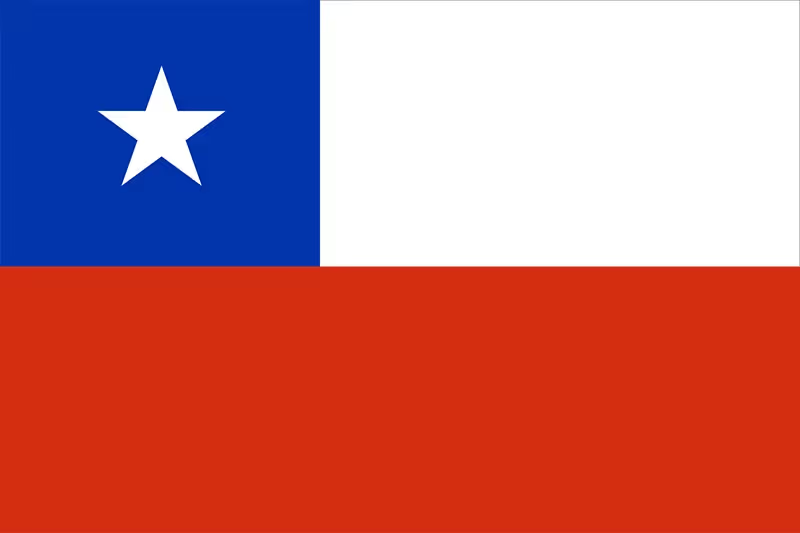
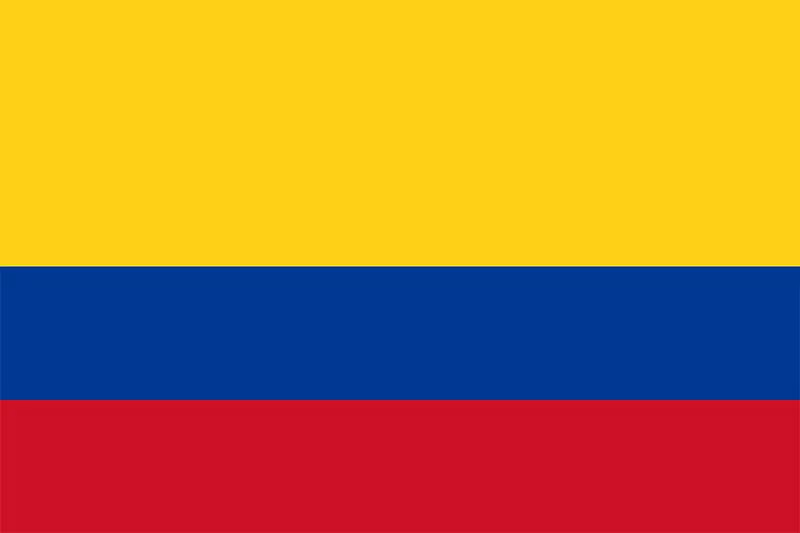
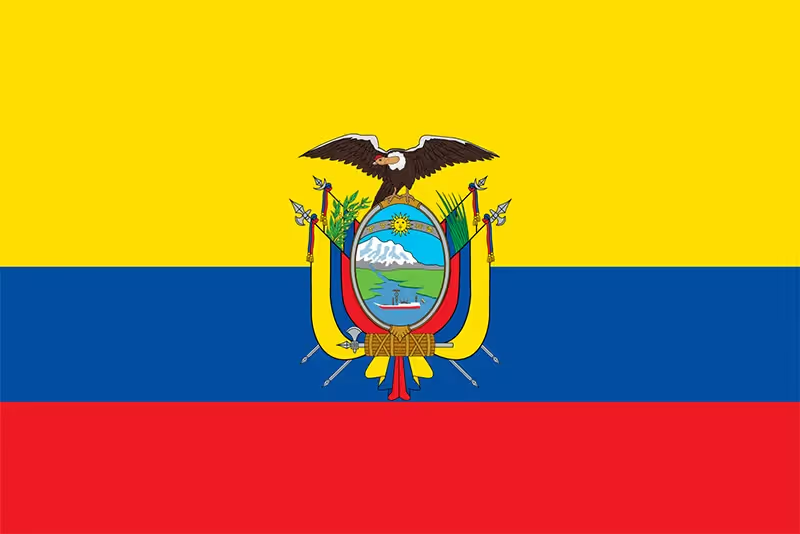
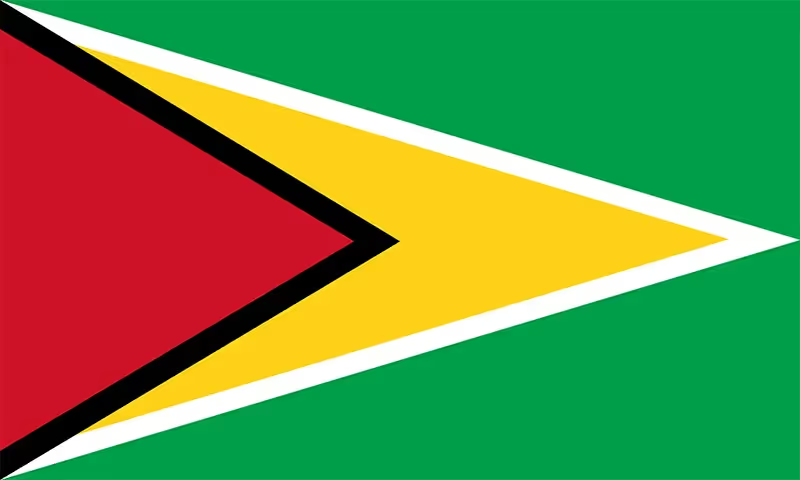
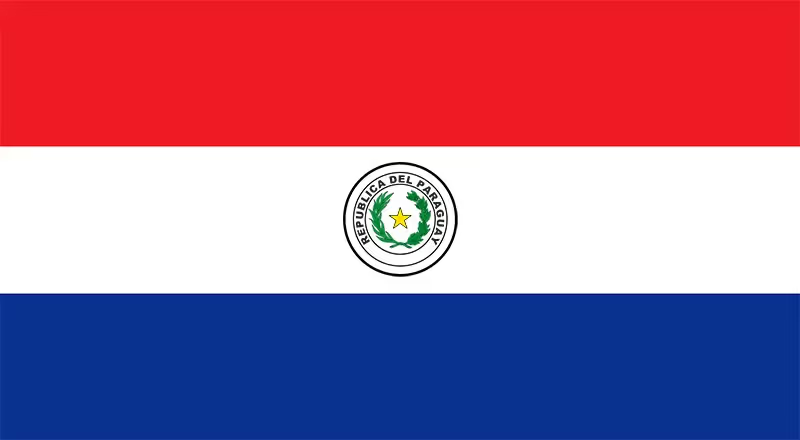
.avif)
.avif)
.avif)
.webp)
